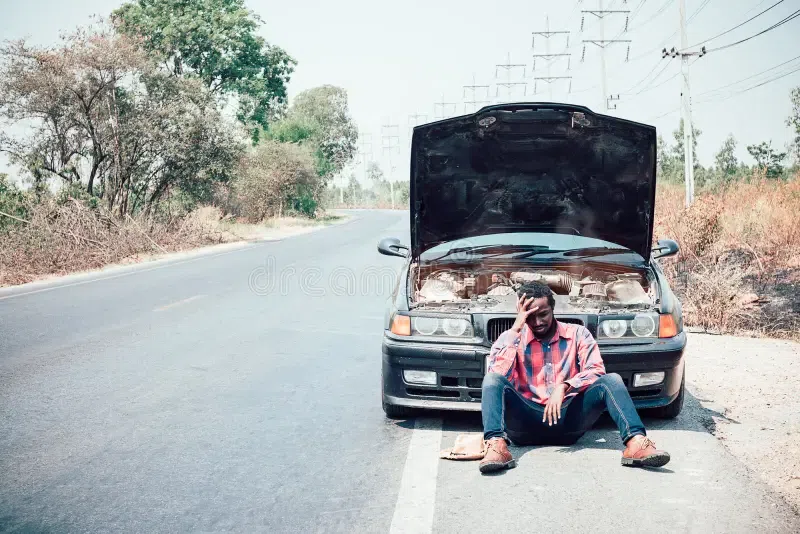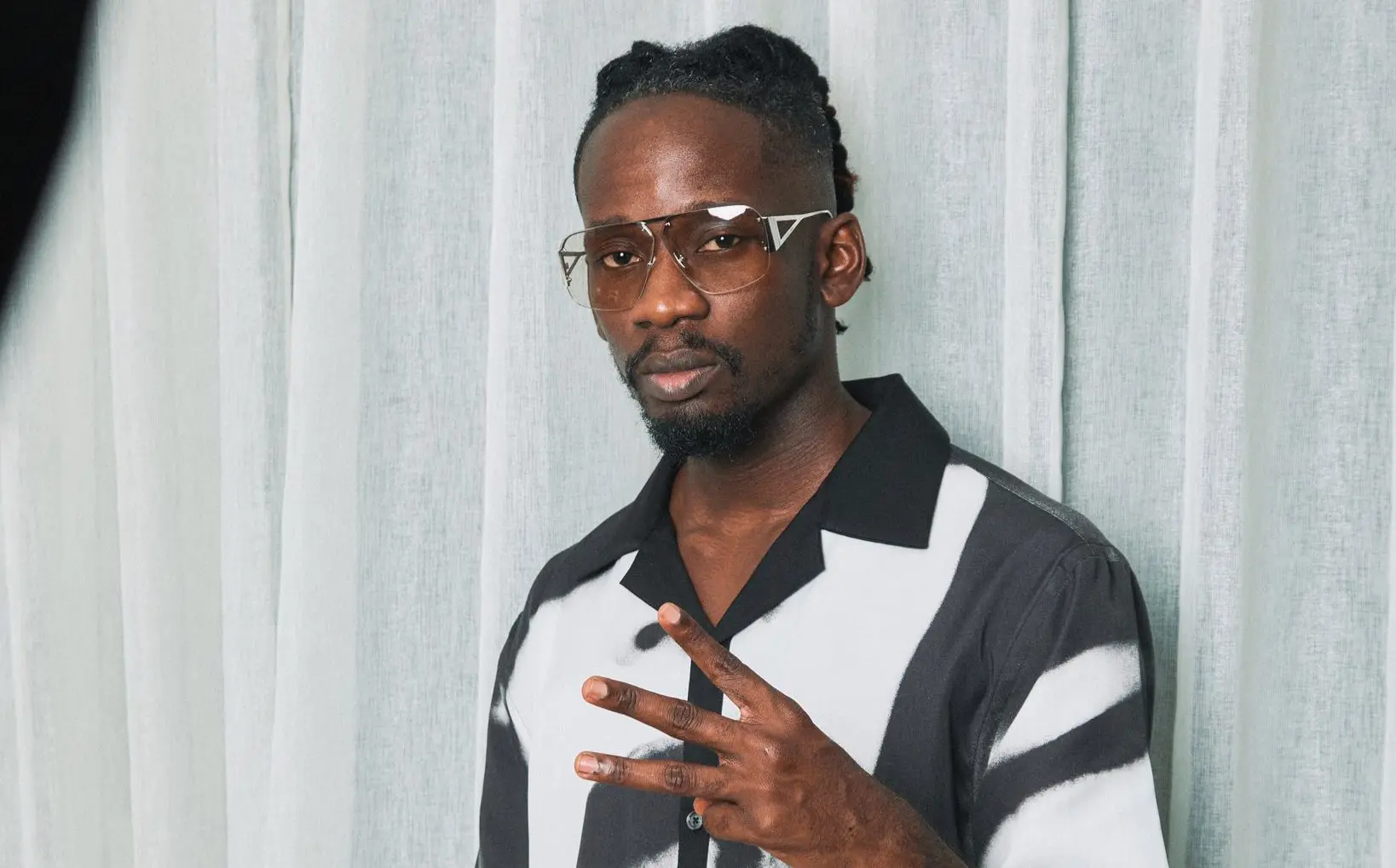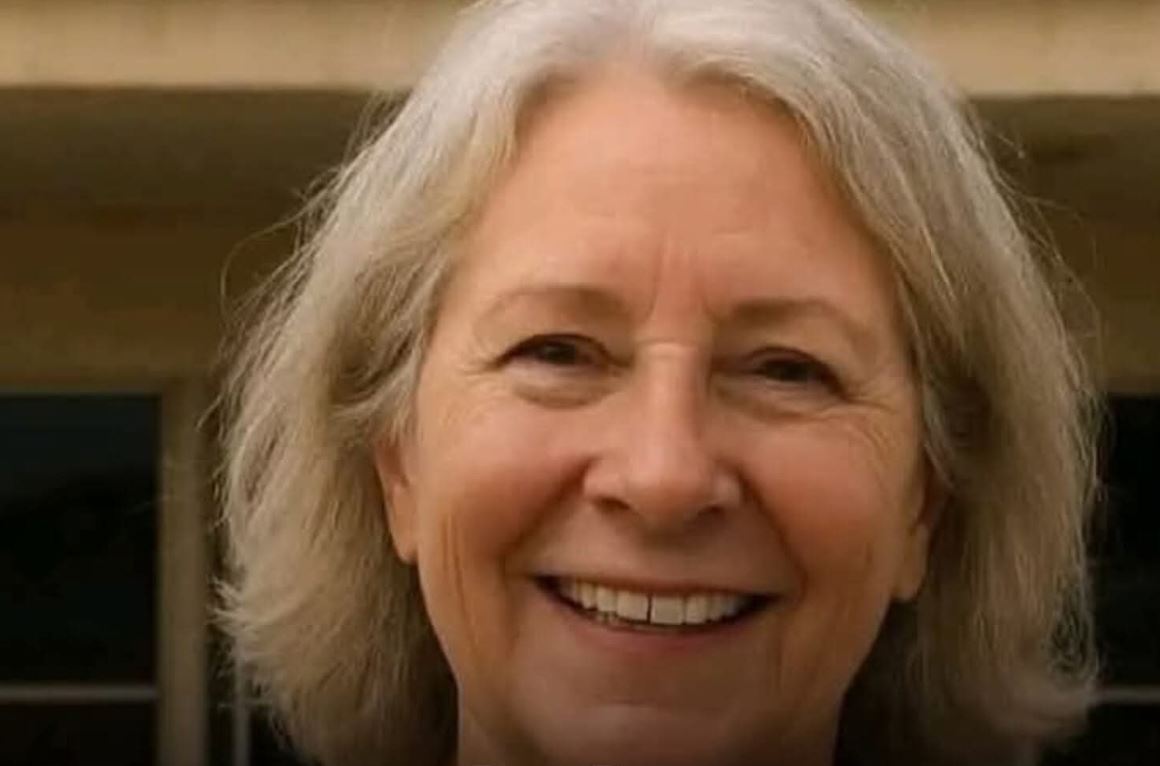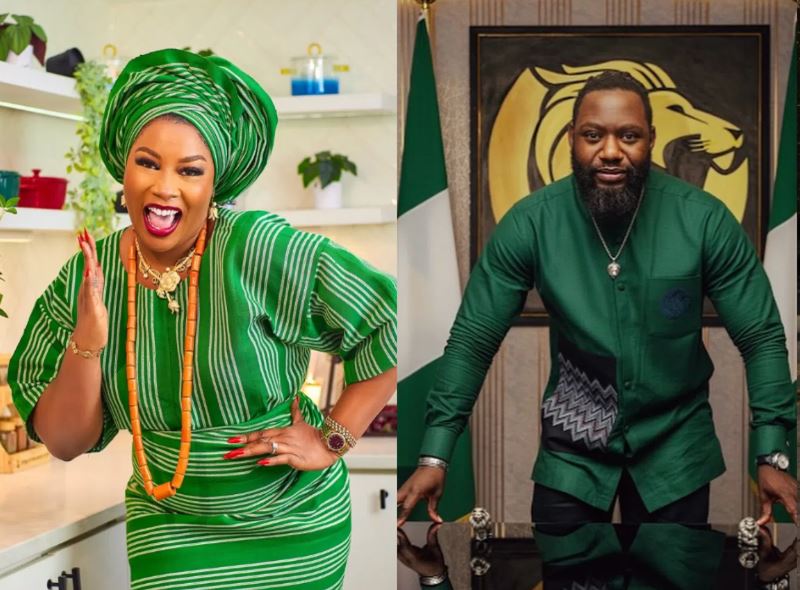In Nigeria, owning a car is more than transportation — it’s a major status symbol. It means freedom from public transport stress, a personal haven in chaotic traffic, and a symbol of success. But behind that proud “beep-beep” moment lies a reality few talk about: the cost of ownership goes far beyond just buying fuel.
Before you rush to buy that “clean Tokunbo” or “tear rubber” whip, here’s a breakdown of what it really takes to keep that ride on the road — and your sanity intact.
1. Maintenance & Repairs
Bad roads = big bills. From potholes to faulty suspensions, Nigerian roads are hard on vehicles. Routine services plus surprise repairs (shock absorbers, brake pads, tyres, engine issues) add up fast. One month you’re cruising, the next your mechanic becomes your bestie.
2. Vehicle Papers & Legal Fees
You need complete papers or risk regular police drama. These include:
-
Vehicle license
-
Insurance (even if it’s third-party)
-
Roadworthiness
-
Emissions test
-
Hackney permit (in some cases)
Budget ₦50k–₦100k annually — and that’s without the “anything for the boys” extras at checkpoints.
3. Car Wash & Cleanliness
A clean car is a social asset in major cities. Whether you wash it yourself or pay someone, it can cost up to ₦21,000 monthly to keep your car looking respectable.
4. Parking & Security
Mall fees, estate gate tips, area boy “watch money,” and security gadgets (trackers, locks, alarms) are silent expenses that pile up. And if you live somewhere without secure parking? Stress multiplies.
5. Depreciation
Cars in Nigeria lose value fast. That ₦5M ride could drop to ₦3M in two years, especially with wear from bad roads and fuel quality. If you’re thinking resale, be ready for disappointment.
6. The Emotional Toll
Every sound becomes suspicious. Is that a rattle? Is something leaking? Your car becomes your new baby — demanding attention, money, and peace of mind. One breakdown can ruin your day — or your week
Owning a car in Nigeria is a flex — no doubt. But it’s only enjoyable when you’re fully prepared for the hidden costs. It’s not about affording fuel — it’s about affording everything else.
So, before buying that dream ride, ask yourself:
Can I maintain it, not just fuel it?
That’s the real question.





















